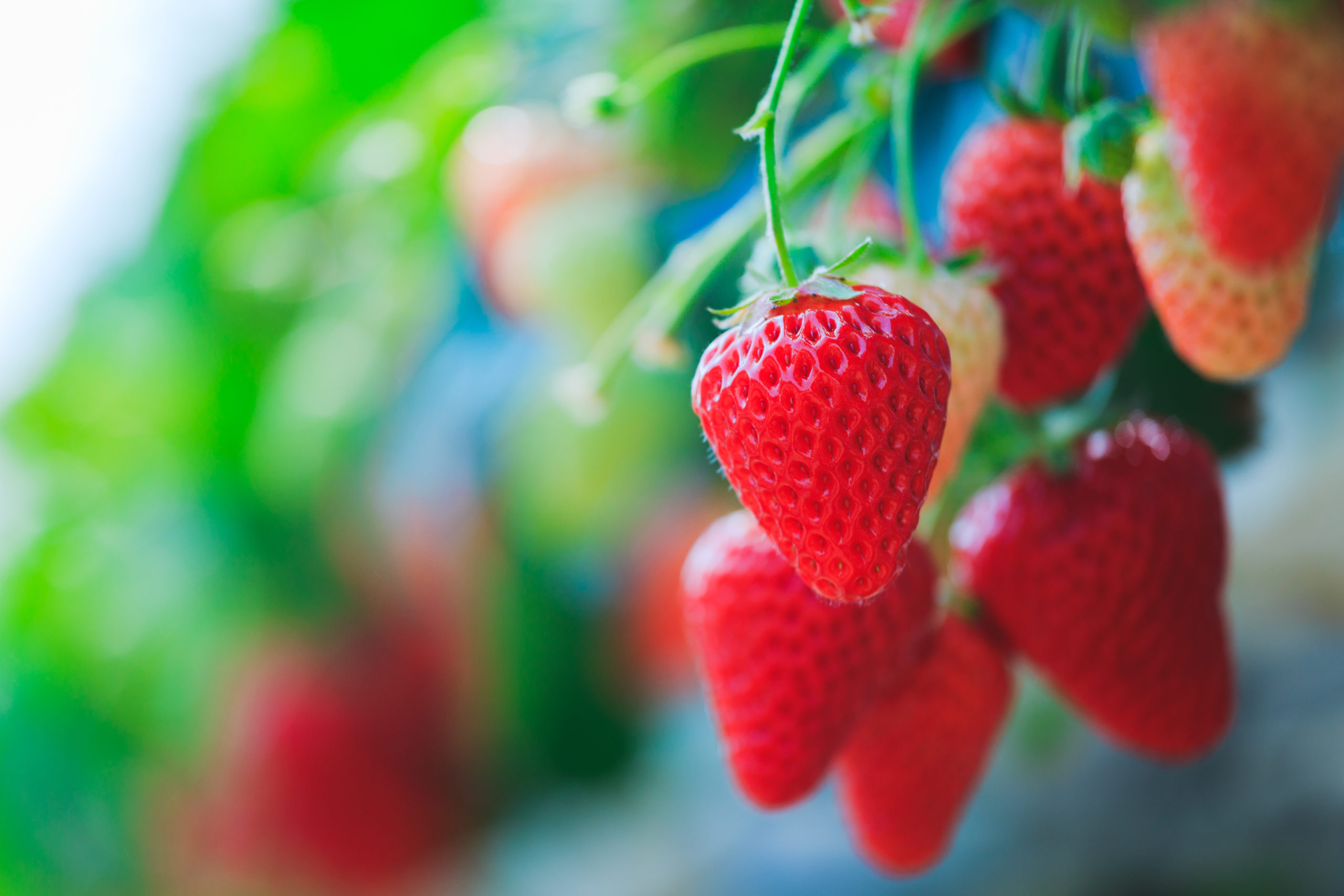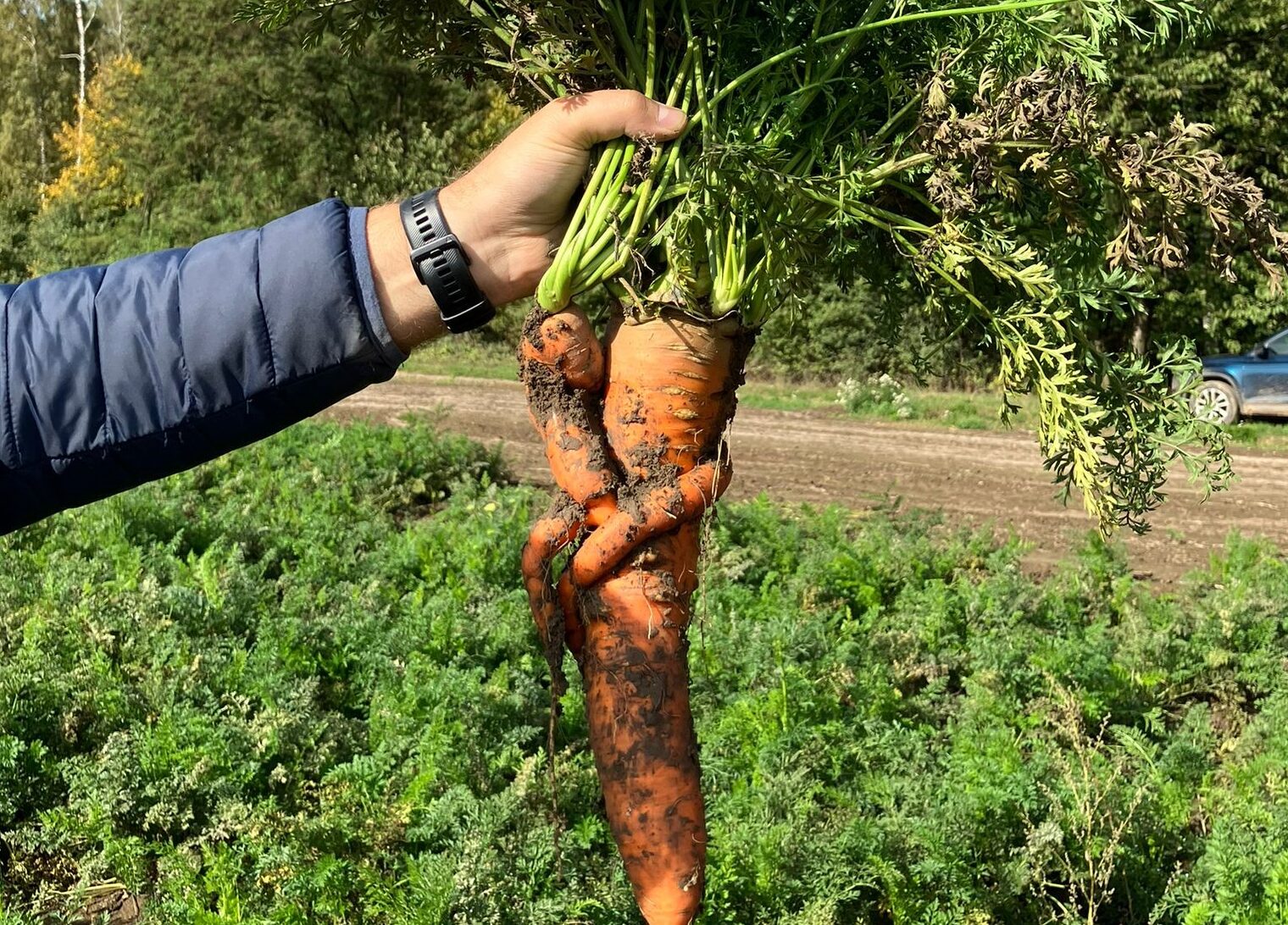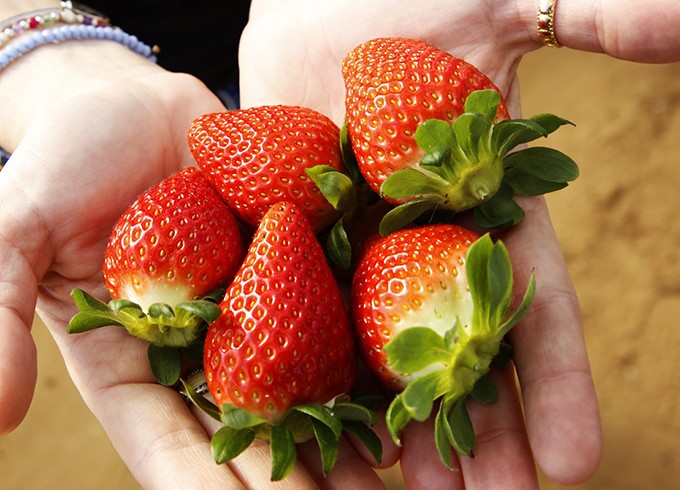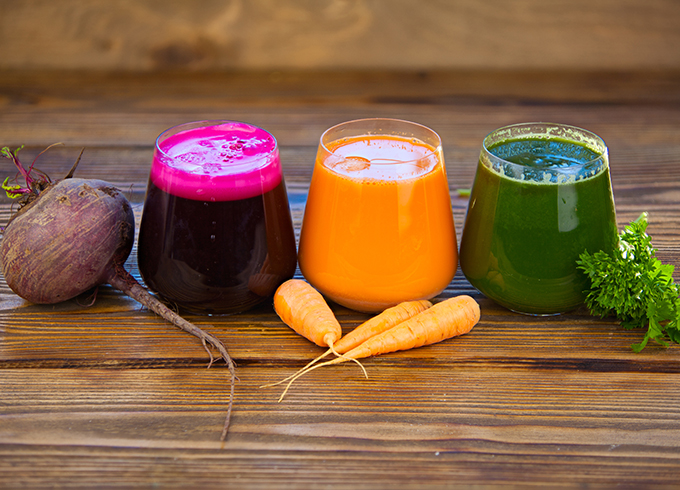Frutas Esther – encouraging returning pickers, clean farming and water preservation

We’re sure that by now you’re familiar with our Spanish farmer interviews but if not, welcome to the series! In part one of this blog, we introduced Frutas Esther’s operation manager, Cristobal Candel, who described the history of the company and their current sustainability initiatives. Today, we’re back to get a deeper understanding of the specific projects that are running, and what’s in store for the near future. Let’s get started!
- You mentioned you’ve implemented hydroponic systems throughout the cooperative. Can you tell us why you introduced these to Frutas Esther?
Hydroponic systems are crucial for water preservation and increase the possibility of recycling water, which is a key goal for us. Without the need for soil, we’re not only minimising the use of herbicides but also reducing our fertiliser use. Hydroponics also allow us to improve humidity control which affects flavour and sweetness.
One of the other key benefits of hydroponics is that they allow us to cultivate in areas where soil conditions would not typically be optimal enough. Plus, these systems are physically higher up and therefore provide better working conditions for our employees! We consider the impact on our workers as much as our impact on the environment when assessing new initiatives.
- On your website you refer to ‘clean farming’. How do you define ‘clean farming’ and how do you ensure it?
Clean agriculture is our aim of minimising waste and harmful emissions, and producing more efficiently for a greener world. To guarantee this, we combine our sustainability initiatives with minimal use of phytosanitary products and fertilisers. This involves only using these treatments where absolutely necessary and for focused scenarios, maintaining a choice of active ingredients of low toxicity and with residue levels well below European regulations, releasing beneficial predators in blueberry and raspberry crops, and much more.
- How do you encourage returning pickers to Frutas Esther in future seasons?
We understand that the key to loyalty workers, and making them want to return in future seasons, is to fully prioritise their wellbeing and truly look after them. Without our employees, there would be no Frutas Esther! To support this, we provide our own accommodation which is freely available to our workers, and ensure optimal living conditions which meet the regulations in place. We have 260 residents on the company and it’s well-known throughout the community which I think is nice. I hope it demonstrates the values of the company today – which prioritise the workers and their quality of life.
We make our own company-financed transport available to our workers for their travel needs to population centres where they are assisted in the procedures they request. These requests could include matters of health, banking, periodic transfer to purchases and bureaucratic procedures, in addition to the prevention of harassment or bullying among the employee community.
Meanwhile we collaborate with local institutions to manage the improvement of living conditions for homeless people in the area – which involves eliminating slum settlements in the cities of Lepe and Cartaya. In our last campaign, we contacted city town halls to offer accommodation and work to people living in these settlements, which also helps to increase the number of skilled workers in our industry. Year after year our sector needs more labour to undertake harvesting and other tasks in the field, which can often be hard to find. It’s very rewarding to see the transformations and how much potential people have when provided with the right opportunities.
- What are your sustainability goals for the next 5 years?
For now, we are focusing on maintaining and developing the practices already implemented, like the hydroponic systems, as they’re working so well already and can be even better. We also have ambitions to extend the recirculation of water and fertilisers to the cultivation of strawberries and raspberries, to further improve not only the product quality but their sustainability too. But, of course, we are always looking for ways to be better and this is something everyone can do from producers to consumers alike!
For more information on SVZ’s valued partners, and how they are growing better together, get in touch today by visiting https://www.svz.com/contact


